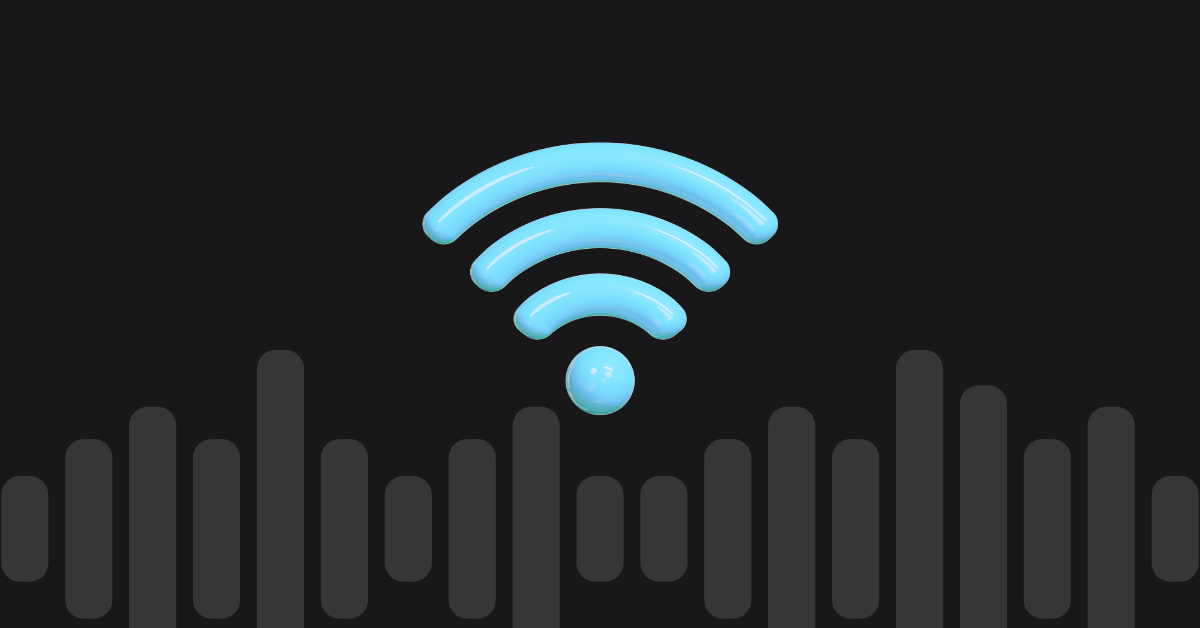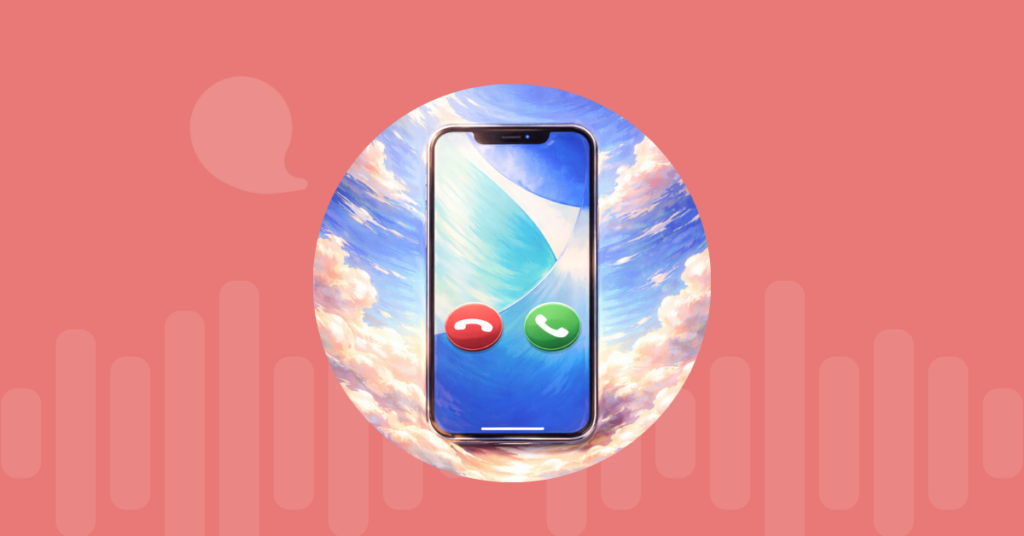
Table of contents
The early days of VoIP were marked with poor audio quality, dropped calls and bad reliability in general. But the low prices made it extremely attractive for consumers and households to switch away from the PSTN. Today VoIP service providers have worked out most of the problems and call quality on VoIP is on par with analog landlines. No wonder businesses are scrambling to upgrade to VoIP systems, whether it is hosted services or custom SIP deployments.
Using VoIP on Mobile Devices
Almost everyone would agree that the biggest benefit of switching to VoIP is lower costs. This is especially true for businesses which have to provide phones for dozens or hundreds of employees. Even a small savings of $10 per month for a single line can quickly add up if you have 200 employees.
The second benefit that makes VoIP attractive for enterprises is its flexibility. VoIP numbers are independent of geography and location. That makes them portable which means users can take their numbers with them wherever they go. It comes in handy when you have to travel for work or need to stay in touch with clients during off hours.
VoIP numbers are also not attached to any particular device. Consider your typical landline with the PSTN connection. You can only make and receive calls from that particular phone. You can’t answer calls made to your landline number on your mobile phone for example. The situation with VoIP is very different. You can make calls from any Internet connected device such as a mobile phone, tablet, laptop or desktop computer.
You may have a phone at your desk but what happens when you’re not in the office? Since you can use VoIP on mobile devices, people can stay in touch with colleagues, clients and partners whether or not they are in the office.
Using Mobile VoIP without Wi-Fi
There are two things you need to make VoIP calls on a mobile device – an Internet connection and an account with a service provider. Assuming your business has already signed up for hosted VoIP, all users will have their own accounts. Some providers will offer dedicated mobile apps for various platforms while others let you use the service with any app of your choice. Once you have downloaded and installed the app on your phone, all you need is to input the username and password for your account.
The Internet connection is a trickier variable to control. The most stable data connection you can get is via an Ethernet cable. While this is a good option for desk phones, it makes no sense to tether your mobile phone! Most enterprises will have fast Wi-Fi within their premises. Telecommuters and stay at home workers can also access the Wi-Fi on their home network or Wi-Fi hotspots to make calls. For all intents and purposes, call quality on Wi-Fi is sufficient for business calls. As long as you do not have any bottlenecks (excess traffic, older routers etc.) on the network, Wi-Fi is a very good option for mobile VoIP calling.
The problem comes when you don’t have access to Wi-Fi networks. This happens all the time to employees who travel for work. While you might have Wi-Fi hotspots at the hotel you are staying or the conference facilities, they are often slow. They’re not optimized for voice calling and you are not guaranteed a fast connection at any point of time.
Mobile data has been around for quite a while but older generation 3G speeds were certainly not good enough for VoIP calls. Today’s high-speed LTE connections on the other hand are much more suitable for the purpose. In fact many carriers offer a form of VoIP calling via Wi-Fi or LTE for their customers. As long as you have a strong signal, there is no reason why you can’t make VoIP calls even without Wi-Fi.
There are many more variables to take into account when you move away from Wi-Fi connections. Sometimes you might have a full LTE signal but you still can’t make a call because there are too many users on the network. This normally happens in large cities or any crowded area. At other times you might not have access to 4G speeds at all, depending on the network coverage. Under the best circumstances, audio quality should not be very different between Wi-Fi and 4G speeds.
But reliability is an altogether different matter. No service provider or carrier can guarantee that you will be able to make and receive calls at all times. This is why many people use mobile VoIP through Wi-Fi hotspots on their laptop instead of relying on mobile data. The ability to use VoIP on mobile phones is a great backup option in a pinch. However mobile infrastructure is not yet at the stage where enterprises can rely on it for voice calling.
Read this post in: Polski
More from the blog
Want to improve your business communication?
Unlock enterprise-class call center power at affordable prices – no hardware, no delays, no surprises!






